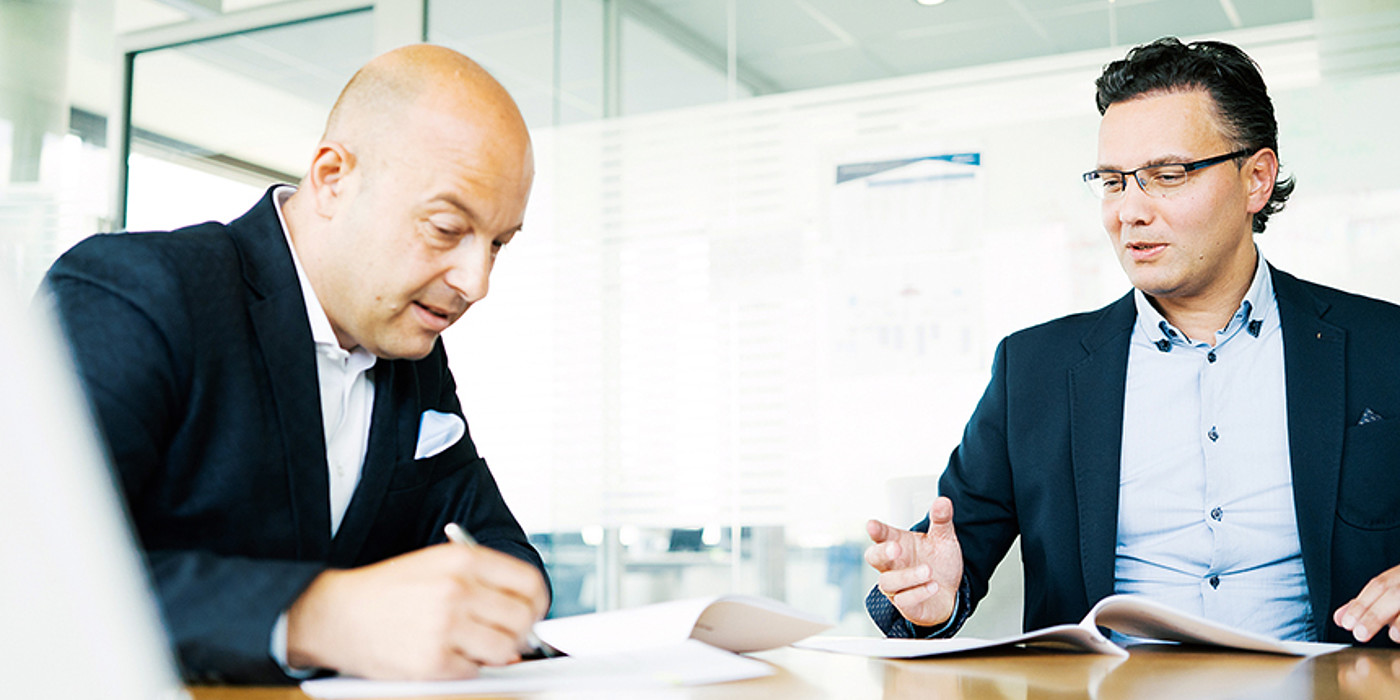Wiesbaden, 9.6.2020 EDAG, the world's leading independent engineering company in the automotive industry, has been commissioned by CleanTec-Lighting GmbH (Leisnig) to produce an innovative air disinfection system. The patented system improves the air quality by means of integrated technology for continuous air purification, which is based on UV-C and eliminates all kinds of microorganisms and viruses. Through this cooperation, the two companies have achieved a milestone in health safety in vehicles and buildings. Particularly in the current corona pandemic, the CTL system can make a valuable contribution to reducing airborne bacteria and viruses. The aim is to actively reduce existing microorganisms in offices, retirement homes, hospitals and public or private transport – trains, buses, planes, ships and cars.
Under the agreement concluded on 2nd June, 2020, the EDAG Group will be supporting the new cooperation as a partner for integrated developments and large-scale projects. Far from relying on just masks, the future of mobility needs the support of proactive disinfection systems.
"Our competence and experience in low-volume production coupled with our unique development know-how in engineering and production solutions make us the ideal project partner for CTL," explains Cosimo De Carlo, CEO of the EDAG Group.
In the initial stage, the focus will be on the production of the CleanTec system and units for retrofitting trains and automobiles. "One of our main objectives is to make local public transport in Europe safer by applying preventive measures to actively reduce levels of dangerous microorganisms," explains Michael Passi, CEO of CTL. In the future, mobile and stationary areas should be protected against the spread of microorganisms by UV-C technology, and generate a positive added value for all passengers. "Anyone boarding a train or bus needs to be able to do so with a better feeling than they have now. Our solution aims at the active reduction of microorganisms – not using filters to collect them," adds Michael Passi.
As a further scenario, the aim should be to adapt and integrate this system in automobiles, not only to improve air quality, but also to significantly reduce the bacteria/virus levels inside the vehicle. "In the future, this is expected to develop into a standard – especially for taxis, rental cars and shared mobility – in order to ensure the customer maximum safety," comments Frank Schmidt, EDAG key account manager. In this position, he and his team at the Ingolstadt site will be coordinating both the technical development for the integration of the system in vehicles and the sales activities in the vehicle manufacturing sector.

